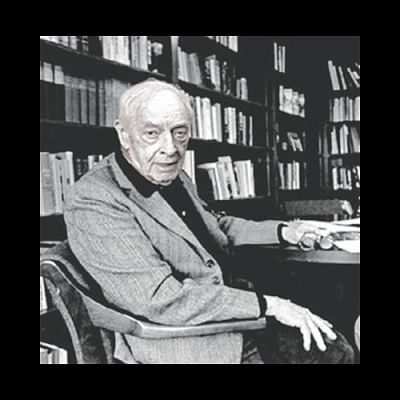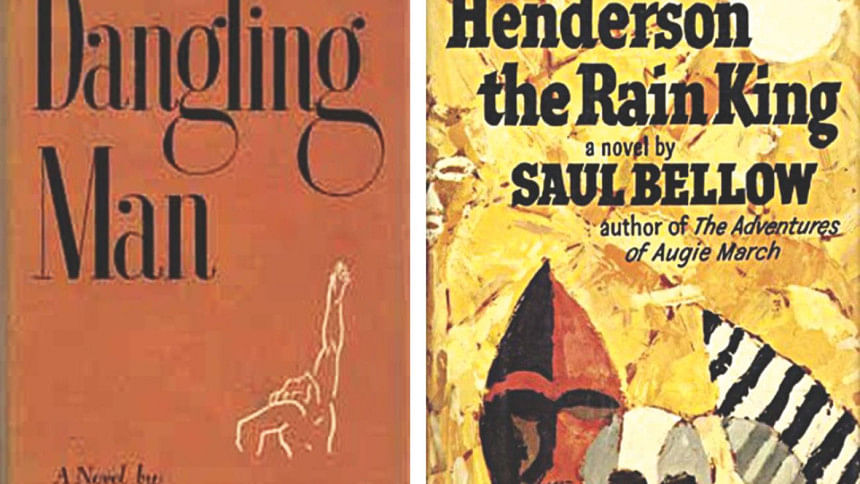Reading Bellow in Chicago

Last month Donald Trump and I happened to be in Chicago at the same time. He was there for the Republican primary. I wasn't. Nevertheless, I was briefly tempted to spend the day queuing for his rally. Instead I took pictures of early twentieth century skyscrapers partly obscured by the blackened girders of the elevated train-lines. When I was tired of walking I wandered into a bookshop and bought a copy of Ravelstein,Saul Bellow's thirteenth and final novel.
I was surprised that neither of the assistants I spoke to (bright young women working their way through college) had heard of Bellow, a great Chicago writer, winner of a Pulitzer for Humboldt's Gift and National Book Awards for Hertzog and two other novels. I reminded myself that Bellow's Nobel Prize for Literature was40-year-old news and that we were surrounded by thousands of books, many of them by authors still living.
I suspect that Bellow would have been disappointed but not surprised. The importance of Great Books and their role in civilization is a theme that gets much chewed over in Ravelstein. It's no secret that this is a thinly disguised memoir and that Abe Ravelsteinis based on Bellow's friend and colleague Allan Bloom. A professor of philosophy at the University of Chicago,Bloom achieved unexpected fame in 1987 with The Closing of the American Mind, in which he railed against the cultural relativism that, in his view, had undermined American higher education since the late 1960s.

Bellow himself was inclined to take a conservative line on culture. He was once driven to complain of the "thought-police campaign" to which he had been subjected in response to a casual observation deemed politically incorrect. Bloom's was a simpler case. Astudent and devotee of Leo Strauss, the éminencegrise behind the neo-conservative movement, Bloom made it his business to add a pseudo-intellectual veneer to the cultural prejudices of the American Right.
Bellow clearly admired Bloom, and the Bellow-like narrator of Ravelstein often speaks of his subject with something close to adulation, but I found myself increasingly aware of the book's brilliant satirical edge. Praised for his scholarship, Ravelstein comes alive on the page as a meddler and a gossip whose self-esteem depends on being at the centre of a circle of well-placed ex-students: "He not only trained them, he formed them, he distributed them into groups and subgroups and placed them in sexual categories." More significantly, Ravelstein's attachment to the Western canonis fatally undermined by his obsessive awareness, as a Jewish American, of the savagery that was unleashed during his lifetime in the heart of civilized Europe.
If Bloom was the high priest of post-60s cultural conservativism, Trump, with his whining about the oppression of political correctness, represents its most debased form. Had I queued for his rally, I would have been disappointed. Trump cancelled, leaving supporters and protestors to fight it out. I was better off with Bellow.

 For all latest news, follow The Daily Star's Google News channel.
For all latest news, follow The Daily Star's Google News channel. 



Comments